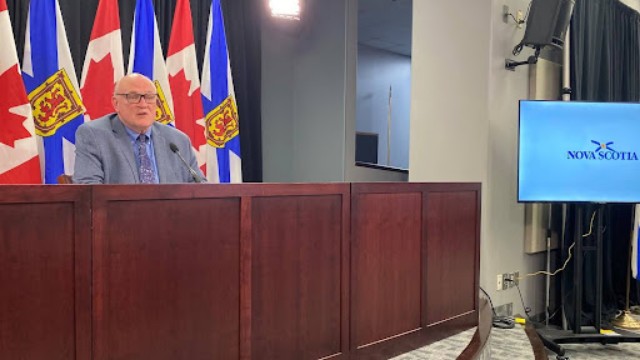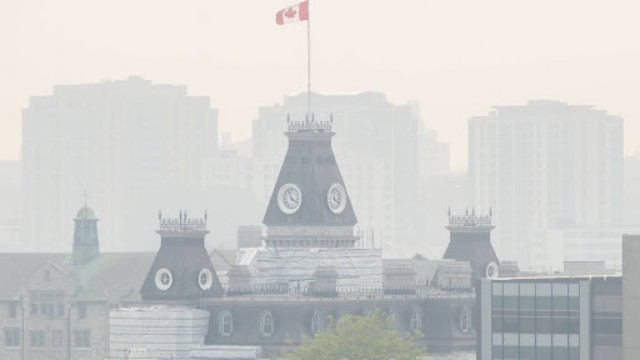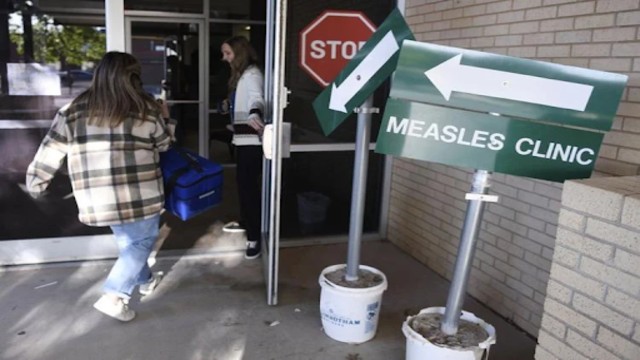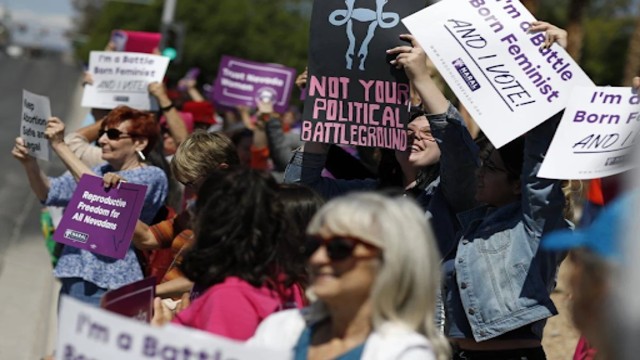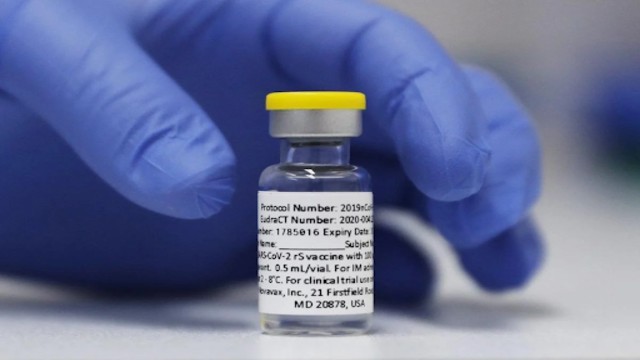
Theodore Oliver recalls the darkest days of his gambling addiction, when he would lose hundreds of dollars in a single night. Despite repeated warnings from friends and family, he struggled to recognize the problem. (Don Somers/CBC)
With billions of dollars expected to be wagered on this year's Super Bowl, experts warn that the rise in online gambling poses serious risks to public health. While the industry continues to expand, researchers and policymakers urge stronger regulations to curb potential harms.
Betting Boom in the U.S. and Canada
The American Gaming Association predicts that American fans alone will bet a record-breaking $1.39 billion on the upcoming Super Bowl. This surge reflects the growing enthusiasm for legal sports betting. Canada is seeing a similar trend. In 2021, Canada legalized single-event sports betting, followed by Ontario’s 2022 approval of online gambling, allowing private companies to enter the market.
Although Ontario has strict regulations, offshore betting apps operate freely across most provinces without oversight, raising concerns about accessibility and addiction risks.
Gambling Ads Are Everywhere
Sports betting is now deeply embedded in sports culture. Ads flood broadcasts, making it nearly impossible to watch a game without seeing promotions.
Jeremy Alleyne, a basketball coach near Toronto, highlights this shift:
"You can't watch an entire game without seeing a betting ad."
Luke Clark, director of the Centre for Gambling Research at the University of British Columbia, notes that these changes have led to riskier gambling habits. He warns that the industry's rapid growth and aggressive marketing create serious public health concerns.
A Story of Addiction: "It Consumed My Life"
Theodore Oliver, 27, from Saskatoon, shares how gambling took over his life. Initially drawn to online poker during the pandemic, he quickly fell into addiction.
"It was so easy. Just open an app, place a bet, and get lost in it. Soon, I was thinking about it all the time—dreaming about it."
His addiction led to severe financial losses, mental distress, and strained relationships. Seeking help, he realized the impact extended beyond himself, harming his loved ones too.
The Hidden Dangers of Gambling
According to the Lancet Public Health Commission on Gambling, the effects of gambling go far beyond money loss. Consequences include:
- Unemployment due to financial instability
- Strained relationships and broken families
- Mental health struggles, including increased risk of suicide
- Domestic violence and crime-related issues
Heather Wardle, a gambling policy expert at the University of Glasgow, emphasizes that these problems don’t just affect gamblers but their families and communities. She urges governments to prioritize public health over economic gains.

Psychology professor Steve Joordans believes sports gambling should not be celebrated or promoted. (Craig Chivers/CBC)
Calls for Stronger Regulations
In 2024, Ontario banned celebrities from gambling ads, but experts argue this isn't enough. Luke Clark advocates for broader restrictions, saying the industry’s influence has become excessive.
Psychology professor Steve Joordans agrees:
"People can gamble if they want, but we shouldn’t glorify it or push it aggressively."
However, Paul Burns, CEO of the Canadian Gaming Association, defends the industry. He claims advertising seems overwhelming now because it’s new and that Ontario’s strict regulations ensure responsible play.
Still, Oliver, now in recovery, wants more protections, warning that gambling is a serious public health risk. He calls for policymakers to rethink how much profit should be made from an industry with such devastating effects.






